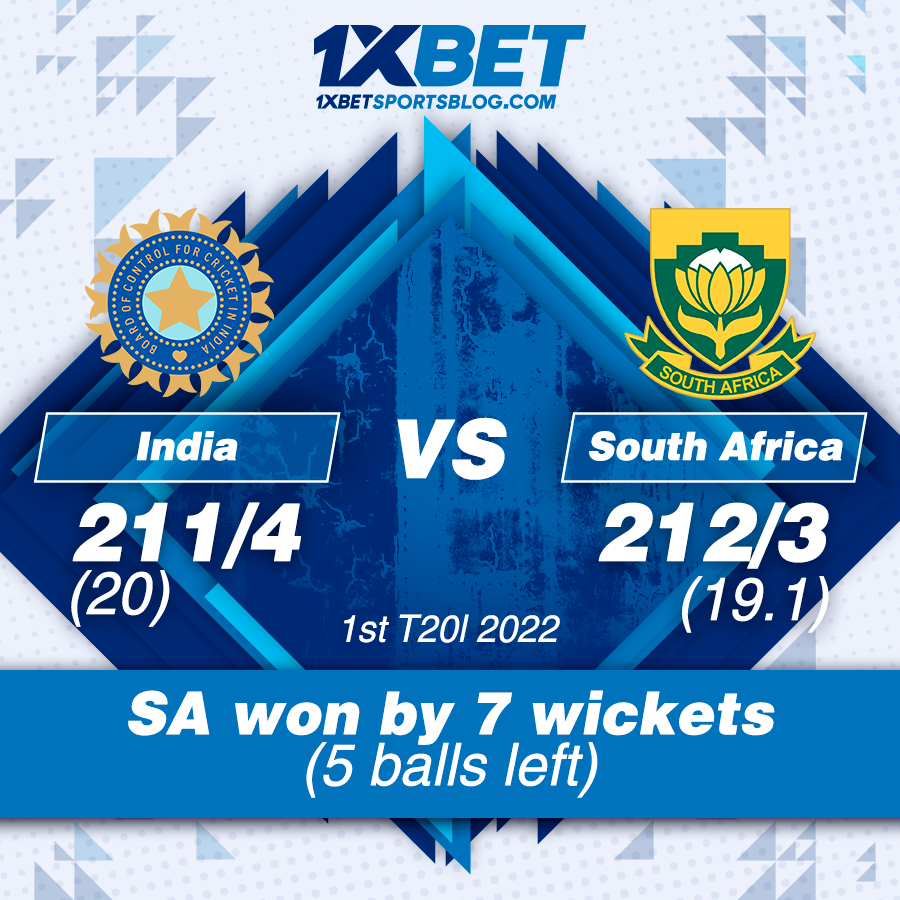Women's T20 World Cup Shift: Heather Knight's Pragmatism and South Africa's Experimentation

When the Women's T20 World Cup was moved from Bangladesh to UAE due to ongoing circumstances, Heather Knight, who had anticipated playing in nearly-empty stadiums, warned her team. To raise morale, a group of around 200, including a few family members, travelled to provide support for the English team.
Meanwhile, the Sharjah Cricket Stadium witnessed a blend of music, from 90s Bollywood tunes to Shakira's 'This Time for Africa,' used to celebrate South Africa's sparse victories. Despite the energetic surroundings, South Africa struggled.
Even after posting the highest first-innings total on Sharjah's two-paced track, South Africa's score of 124 felt lacking by an estimated 10 to 20 runs, according to their captain's assessment. A major factor was a change in strategy which involved moving Anneke Bosch to the middle, resulting in a slow scoring rate.
On another note, Marizanne Kapp, a consistent number 3 for South Africa, had to yield her position during the tournament. The decision echoed a similar one taken in the 2018 World Cup. Despite this, Bosch, after a shaky start, gained in confidence and retained her place at no. 3, signalling a new reveal from Africa.
These adaptations reflect the dynamism and flexibility of the teams in the face of changing game conditions and strategies. Even amid the challenges, the spirit of the game stays strong. As the fever of the T20 World Cup continues, the teams maintain their resilience, adaptability, and unwavering determination.





